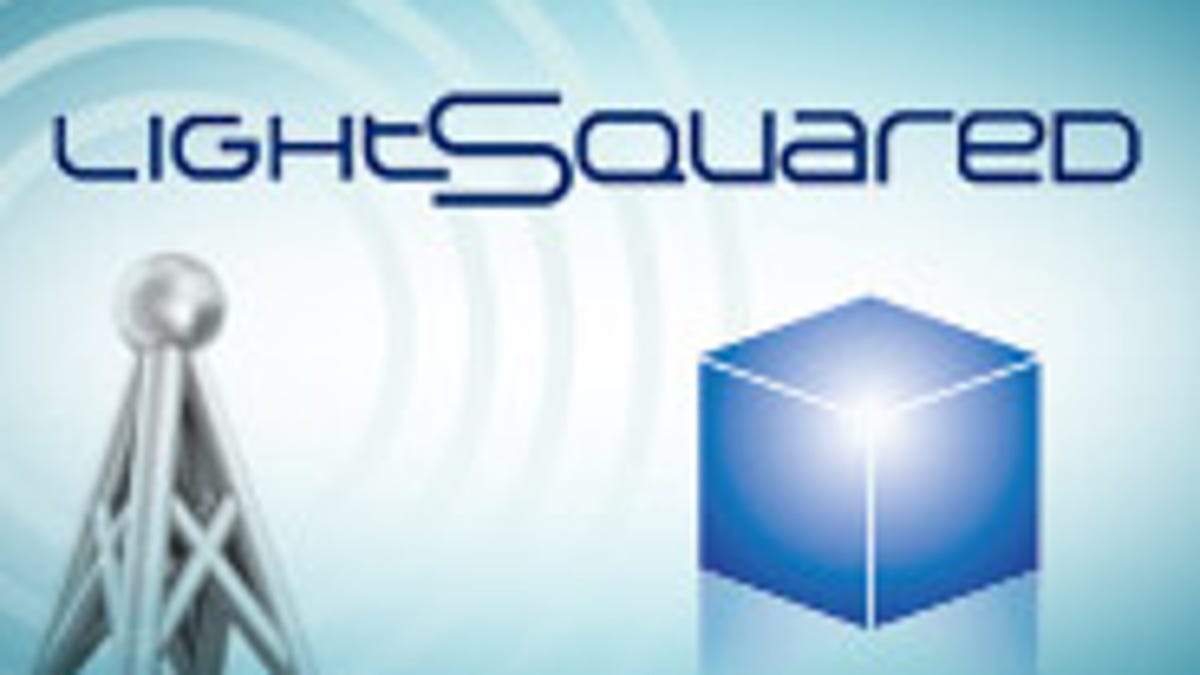FCC suspends LightSquared waiver over GPS interference
Agency tasked with overseeing military and government spectrum use says interference with other devices is unavoidable.

LightSquared suffered a possibly fatal blow today when the FCC said it would indefinitely suspend the company's effort to build a national wireless broadband network using satellite spectrum.
The National Telecommunications and Information Administration, a Department of Commerce agency tasked with overseeing military and government spectrum use, determined that LightSquared's interference with other devices, including GPS devices, was unavoidable.
"Based on NTIA's independent evaluation of the testing and analysis performed over the last several months, we conclude that LightSquared's proposed mobile broadband network will impact GPS services and that there is no practical way to mitigate the potential interference at this time," the NTIA said in a letter (PDF) to the Federal Communications Commission.
Based on those findings, the FCC said it would "suspend indefinitely" the startup's conditional waiver to operate. "The commission clearly stated from the outset that harmful interference to GPS would not be permitted," the FCC said. "Consequently, the commission will not lift the prohibition on LightSquared."
LightSquared responded by saying that it disagreed with the NTIA's conclusions, arguing that they were based on a "severely flawed testing process." However, the company "remains committed to finding a resolution with the federal government and the GPS industry to resolve all remaining concerns. LightSquared is confident that the parties will continue the on-going efforts to explore all engineering options and alternatives to find a solution to this difficult issue."
The FCC granted LightSquared a waiver in 2011 to tap its spectrum, which is supposed to be used for satellite and terrestrial communications, for terrestrial only use. As a condition of this waiver, the FCC said that there can't be any harmful interference between LightSquared and others in nearby spectrum.
But the GPS industry claims that LightSquared's network will interfere with its receivers. Meanwhile, LightSquared acknowledges potential interference issues, and it's already agreed to not use the spectrum closest to the GPS bands. It's also demonstrated how filters can be used to mitigate interference.

